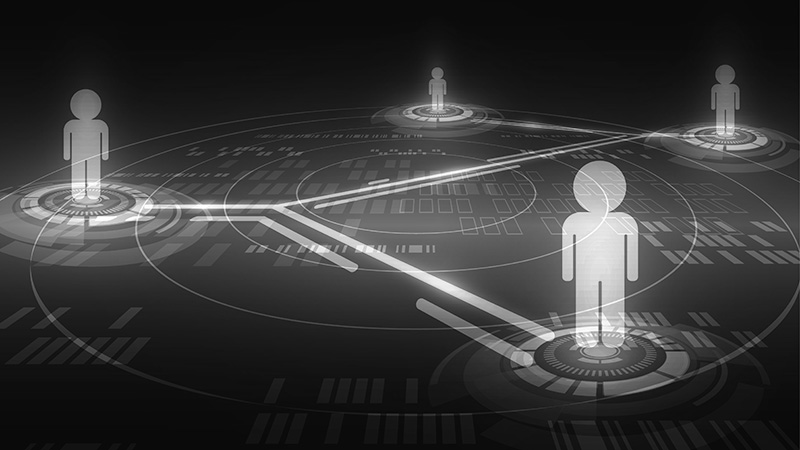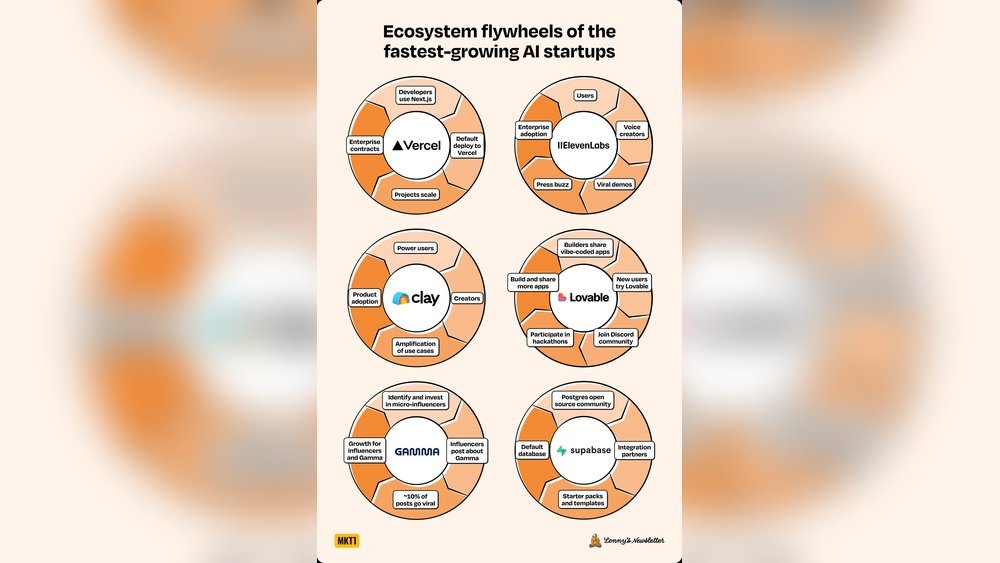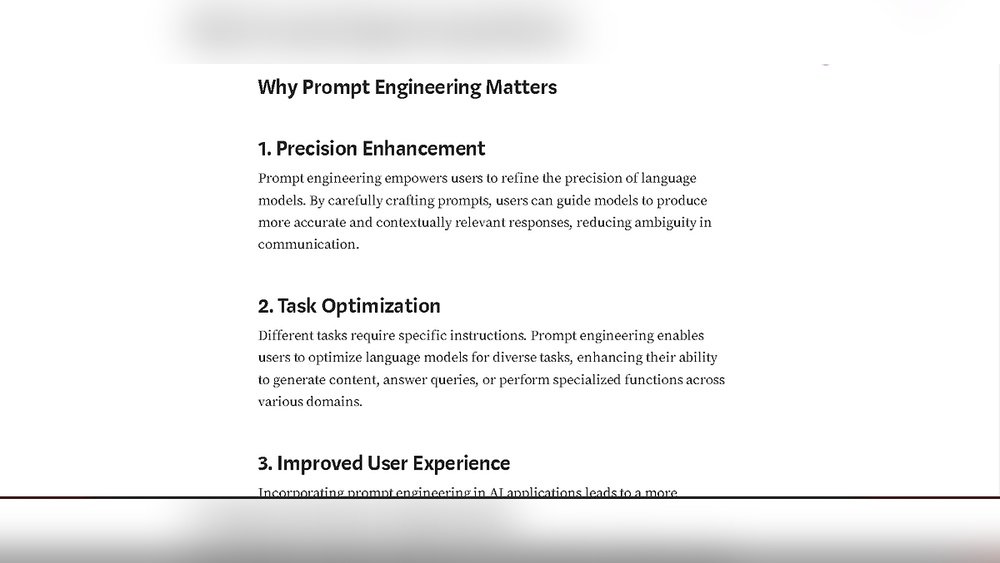Social psychology and cybersecurity are two fields that intersect in surprising ways. Understanding human behavior can greatly enhance our digital security efforts.
In today’s digital age, cybersecurity is crucial. Hackers often exploit human behavior to gain access to sensitive information. Social psychology helps us understand these behaviors and how they can be manipulated. By studying how people think, feel, and act in social contexts, we can better predict and prevent security breaches.
This blog explores the fascinating link between social psychology and cybersecurity, offering insights into how our minds can be both a strength and a vulnerability in the digital world. Understanding this connection is key to building stronger, more secure systems. Stay with us to discover how psychology can safeguard our online lives.
Introduction To Social Psychology And Cybersecurity
Social psychology and cybersecurity might seem worlds apart, but they are intricately linked. Understanding human behavior is crucial in safeguarding digital environments. In today’s interconnected world, knowing how people act online can be your best defense against cyber threats.
Significance Of Digital Behavior
Digital behavior refers to how we interact with technology and each other online. This behavior is not random; it’s shaped by our thoughts, feelings, and social influences. Recognizing patterns in digital behavior can help in predicting and preventing cybersecurity breaches.
Think about how often you check your emails or social media. These habits can create vulnerabilities. Cybercriminals exploit predictable behavior to gain unauthorized access to systems. By being aware of your digital habits, you can make more informed decisions about your online security.
Have you ever fallen for a phishing email? It’s a classic example of how understanding social psychology can make you less susceptible to such scams. Knowing why people click on suspicious links helps in designing better security protocols.
Interconnectedness Of Social Psychology And Cybersecurity
Social Psychology and Cybersecurity are two sides of the same coin. Cybersecurity experts use psychological insights to craft strategies that protect data. For instance, understanding why people choose weak passwords can lead to developing systems that encourage stronger ones.
Consider how social engineering tactics work. They manipulate psychological triggers to deceive people into giving up confidential information. By studying these tactics, cybersecurity professionals can create more effective defenses.
You might be surprised at how much your emotions can affect your online decisions. Stress or excitement can lead to poor judgment, making you more vulnerable to cyberattacks. Recognizing these emotional triggers can help you stay more secure online.
What steps can you take to better understand your own digital behavior? Start by paying attention to how and why you interact with technology. This awareness is your first line of defense in the digital world.
Human Behavior In Digital Environments
In today’s digital world, human behavior in digital environments shapes how we interact, communicate, and even protect ourselves online. With the internet becoming an integral part of our daily lives, understanding these behaviors is crucial for cybersecurity. How do we form our online identities? What influences our decisions in the virtual realm? Let’s dive into these questions and explore the fascinating interplay between social psychology and cybersecurity.
Online Identity And Anonymity
Your online identity can be as real or as fabricated as you choose. Many people create profiles that are true reflections of themselves, while others prefer the anonymity of pseudonyms. This anonymity can embolden behavior you might not display in real life.
Think about the last time you left a comment on a website or social media platform. Did the freedom to comment anonymously make you more honest or critical? This anonymity can be a double-edged sword, offering privacy but also opening doors to cyber threats.
Consider the balance between maintaining privacy and being accountable for your actions online. The challenge lies in creating a secure environment where identities are protected, yet traceable for security purposes.
Social Influence And Peer Pressure
Just as in the real world, social influence and peer pressure are powerful forces online. Have you ever shared a post just because all your friends did? Or perhaps you clicked on a link because everyone was talking about it?
These influences can lead to risky online behaviors, such as clicking on suspicious links or sharing personal information without thinking. It’s important to cultivate a mindset where you critically assess the content you engage with, despite the pressure.
Ask yourself: are your online actions truly your own, or are they shaped by the digital crowd? Understanding these influences can help you make safer choices and protect your digital footprint.
By becoming more aware of your behavior in digital environments, you can better safeguard your personal information and contribute to a healthier online community.
Cybersecurity Threats And Human Factors
Understanding cybersecurity threats involves more than just technology. Human factors play a significant role. Cybercriminals often exploit human behavior to gain unauthorized access. This makes social psychology a key aspect of cybersecurity. Let’s explore two major areas where human factors impact cybersecurity.
Phishing And Social Engineering
Phishing attacks trick individuals into revealing sensitive information. Cybercriminals use emails, messages, or fake websites. They make their messages look authentic. A person clicks a link or downloads an attachment. This can install malware or steal login details. Social engineering manipulates trust. It can involve pretexting, baiting, and other tactics. Awareness and vigilance are crucial in preventing these attacks.
Password Behaviors And Vulnerabilities
Weak passwords pose a serious threat. Many people use simple or predictable passwords. Some reuse the same password across multiple sites. This increases vulnerability. Cybercriminals exploit these habits to gain access. Strong, unique passwords are essential. Using a password manager can help. It can generate and store complex passwords. This reduces the risk of unauthorized access.

Credit: www.tripwire.com
Psychological Theories In Cybersecurity
Understanding psychological theories in cybersecurity can be eye-opening. Why? Because the human mind is often the weakest link in security systems. By examining how people think, we can better protect ourselves against cyber threats.
Cognitive Biases Impact
Have you ever clicked on a suspicious link despite knowing better? Cognitive biases can explain why. These mental shortcuts can lead us to make irrational decisions.
For instance, the “halo effect” might make you trust an email just because it looks professional. This can cloud your judgment and lead you to fall for phishing attacks.
Understanding these biases helps you recognize when they’re at play. Next time you face a suspicious email, ask yourself if a bias is influencing your decision.
Behavioral Economics In Security
Behavioral economics examines how people make choices. In cybersecurity, this can be a game-changer.
Consider how security systems use default settings. Most users won’t change these, making them powerful tools for guiding behavior.
Companies can design systems that nudge you towards safer choices. For example, automatic updates ensure your software is always protected without you lifting a finger.
Think about your daily online habits. Are there simple changes that could enhance your security? Small, consistent actions can have a big impact over time.
So, how can you apply these insights to your own digital life? Start by being aware of your biases and using that knowledge to make better decisions. Your online safety is in your hands.
Role Of Trust And Misinformation
Social psychology plays a vital role in understanding cybersecurity issues. Trust and misinformation can significantly impact online behavior and security. Users rely on digital platforms for information and communication. But how trustworthy are these sources? Misinformation spreads rapidly, influencing perceptions and decisions. Understanding this dynamic helps in developing better cybersecurity strategies.
Trust In Online Platforms
Trust is essential in digital interactions. People use online platforms to access news and connect with others. They expect these platforms to be reliable and secure. Trust builds user confidence and encourages engagement. But breaches and leaks can erode trust quickly. Restoring trust requires transparency and accountability from platform providers.
Users need assurance of data protection and privacy. Platforms must implement strong security measures to safeguard user information. Regular updates and clear communication reinforce trust. People feel safe when they know their data is secure.
Spread Of Fake News
Fake news is a growing challenge in the digital age. Misinformation spreads faster through social media and online channels. It influences public opinion and can create widespread confusion. People often share news without verifying its authenticity. This rapid spread of false information affects trust in online sources.
Education plays a key role in combating fake news. Users must learn to critically evaluate online content. Fact-checking and cross-referencing sources help verify information. Platforms should also take responsibility to monitor and flag misleading content. Encouraging media literacy can reduce the impact of fake news.

Credit: www.linkedin.com
Impact Of Social Media On Security
Social media has transformed how we communicate. It’s also altered cybersecurity. The platforms connect people globally. Yet, they expose users to risks. Understanding the impact of social media on security is crucial. Users often overlook the dangers lurking online. These dangers can affect personal and professional lives. Cybersecurity experts strive to address these vulnerabilities.
Privacy Concerns
Privacy issues are rampant on social media. Users share personal information without thinking. This information can be exploited by cybercriminals. Social media platforms often track user behavior. They store vast amounts of data. This data can be hacked. Personal details may fall into the wrong hands. Privacy settings often confuse users. Many do not know how to protect their profiles. This lack of knowledge increases risk. Understanding privacy settings is essential. It helps secure personal information from unwanted access.
Data Sharing Habits
Data sharing habits affect security. Users frequently share sensitive information. Photos, locations, and personal stories are posted daily. This data can be pieced together by hackers. They use it to create detailed profiles. This makes targeting easier. Many users underestimate the risk. They believe their data is safe. Social media encourages sharing. It creates a false sense of security. Users should be cautious with personal data. Awareness of what is shared is critical. Limiting exposure is vital for security.
Strategies For Enhancing Cybersecurity
Cybersecurity is a growing concern in our digital world. It’s crucial to enhance it through effective strategies. Understanding human behavior is key. Social psychology offers insights into how people interact online. These insights help in crafting better cybersecurity measures. Let’s explore some effective strategies.
User Education And Awareness
People often overlook their role in cybersecurity. Educating users is essential. Teach them to recognize phishing emails. Show them how to create strong passwords. Awareness reduces the risk of breaches. Regular training sessions can keep users updated. Real-world examples make lessons memorable. Encourage questions to increase engagement.
Technology And Human Interaction
Technology should support, not confuse, users. User-friendly interfaces are vital. They help people make secure choices. Technology should adapt to human behavior. This ensures better security practices. Feedback systems can alert users of risky actions. Simple prompts guide them to safer options. Effective design boosts both security and user satisfaction.

Credit: www.bps.org.uk
Future Trends In Digital Behavior
Digital behavior is shifting. Social psychology influences online interactions, affecting cybersecurity practices. Understanding human behavior improves security measures. This evolving landscape requires adapting to new threats.
Future Trends in Digital Behavior
Digital behavior is evolving rapidly. Social psychology plays a crucial role. Understanding how individuals interact online helps in predicting future trends. Cybersecurity must adapt to these changes. Protecting sensitive data requires innovative strategies.
Emerging Cyber Threats
New cyber threats are constantly emerging. Hackers develop advanced techniques. Phishing attacks are more sophisticated. Malware continues to evolve. Cybercriminals exploit social media vulnerabilities. Users face risks without realizing it. Awareness is key to prevention.
Advancements In Cybersecurity
Cybersecurity is advancing to counter threats. Artificial intelligence aids threat detection. Machine learning enhances security systems. Encryption methods are stronger. Multi-factor authentication is widely used. Cyber resilience is the focus. Innovations aim to safeguard digital spaces.
Frequently Asked Questions
How Does Psychology Relate To Cybersecurity?
Psychology helps understand human behavior, aiding in identifying and preventing cyber threats. It improves user awareness and security measures.
What Is The Intersection Of Social Psychology And Cybersecurity?
Social Psychology and Cybersecurity intersect in understanding human behavior to improve security measures. They address social engineering, cognitive biases, and decision-making processes. By analyzing psychological factors, experts can enhance cybersecurity strategies, minimize risks, and train individuals effectively to recognize and resist cyber threats, ensuring a safer digital environment.
What Degree Goes Well With Cyber Security?
A Computer Science degree complements cyber security well. It provides foundational knowledge in programming, networks, and systems. Information Technology is another excellent choice, focusing on practical skills. Consider degrees in Cybersecurity or Information Assurance for specialized education. These degrees enhance understanding and open opportunities in the cyber security field.
What Does A Cyber Psychologist Do?
A cyber psychologist studies human interactions with technology and the internet. They analyze online behaviors, digital addictions, and virtual relationships. Their insights help improve digital well-being and address issues like cyberbullying and internet addiction. They also work with organizations to enhance user experience and promote healthy digital habits.
Conclusion
Understanding social psychology helps improve cybersecurity measures. Awareness of human behavior is crucial. It enhances security strategies. This knowledge empowers both users and organizations. They can better protect sensitive information. Cybersecurity is not just about technology. It also involves human elements.
Recognizing these factors leads to stronger defenses. Stay informed. Stay secure.






